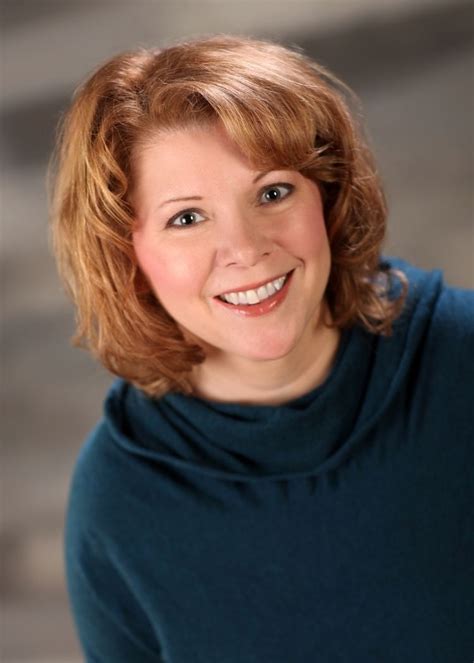A Quote by Saul David
Historical facts are the vital framework around which non-fiction writers construct their narratives; they are, quite simply, indispensable.
Related Quotes
Writers of historical fiction are often faced with a problem: if they include real-life people, how do they ensure that their make-believe world isn't dwarfed by truth? The question loomed large as I began reading 'The Black Tower', Louis Bayard's third foray into historical fiction and fifth novel overall.
There is no kind of framework within which we can find consciousness in the plural; this is simply something we construct because of the temporal plurality of individuals, but it is a false construction... The only solution to this conflict insofar as any is available to us at all lies in the ancient wisdom of the Upanishad.
The facts which our senses present to us are socially performed in two ways: through the historical character of the object perceived and through the historical character of the perceiving organ. Both are not simply natural; they are shaped by human activity, and yet the individual perceives himself as receptive and passive in the act of perception.
It is quite likely ... that the central figure of the gospels is not based on any historical individual. Put simply, not only is the theological "Christ of faith" a synthetic construct of theologians, a symbolic "Uncle Sam" figure, but if you could travel ... back to First-Century Nazareth, you would not find a Jesus living there.
As you see, I bear some resentment and some scars from the years of anti-genre bigotry. My own fiction, which moves freely around among realism, magical realism, science fiction, fantasy of various kinds, historical fiction, young adult fiction, parable, and other subgenres, to the point where much of it is ungenrifiable, all got shoved into the Sci Fi wastebasket or labeled as kiddilit - subliterature.
Dialectical logic undoes the abstractions of formal logic and of transcendental philosophy, but it also denies the concreteness of immediate experience. To the extent to which this experience comes to rest with the things as they appear and happen to be, it is a limited and even false experience. It attains its truth if it has freed itself from the deceptive objectivity which conceals the factors behind the facts - that is, if it understands its world as a historical universe, in which the established facts are the work of the historical practice of man.
I'm grateful for the likes of Kundera, Murnane, Markson, Berger, and, in his recent work, Coetzee. But no matter how celebrated they are, critics still consider them askance. Elizabeth Costello, for example, is a great novel, but it got quite a critical panning when it was published. The complaint was that it was simply a book of speeches, without the machinery of conventional fiction. Markson's books are compilations of facts and alleged facts, very artfully.








































